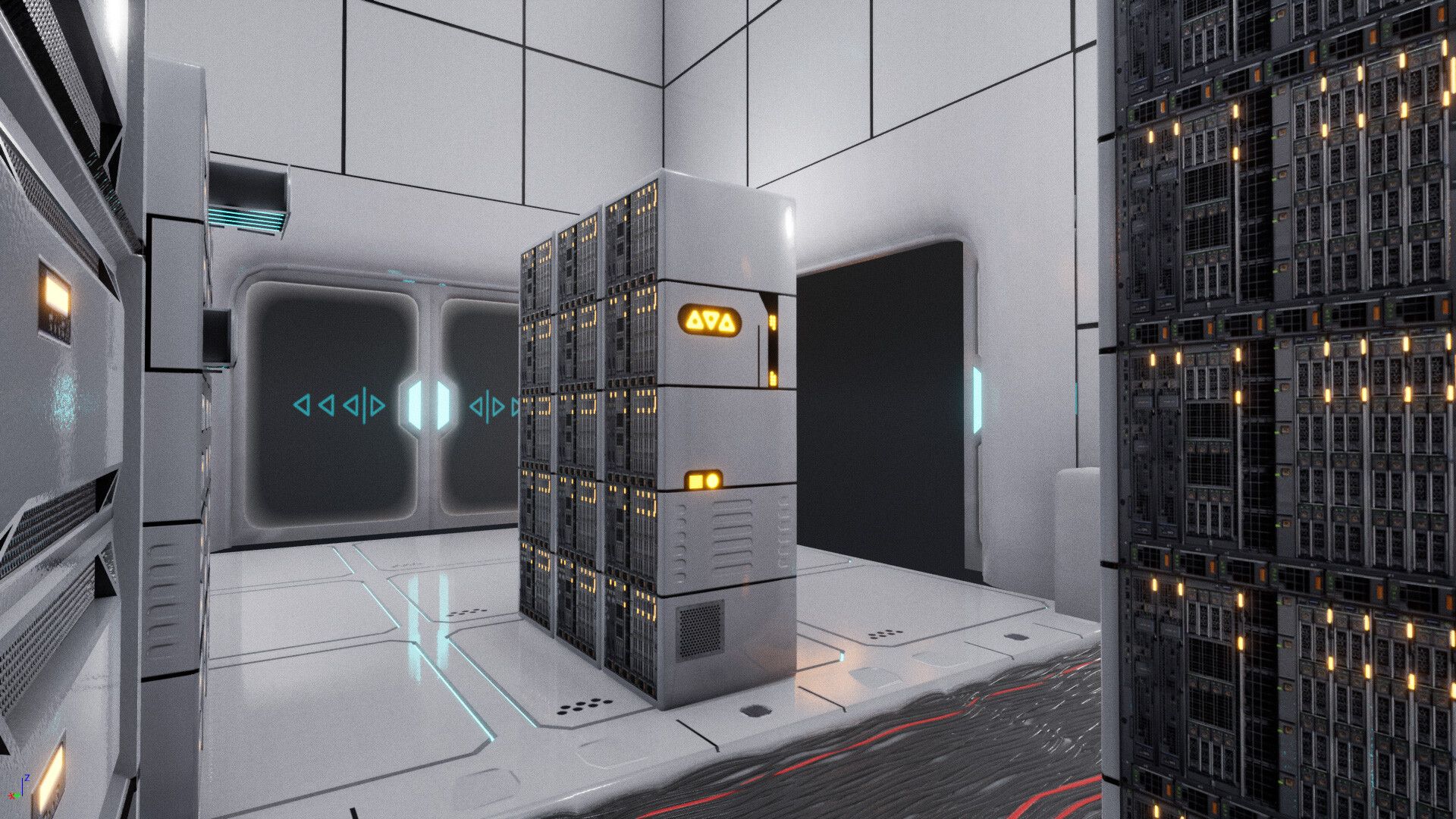It won’t be wrong to say that today technology is the driving factor behind innovation and revenue, as users of most of the businesses today expect services to be at their disposal round-the-clock. If the business is driven mainly by technology, funding and also finding in-house resources related to managing, supporting, and designing infrastructure is hardly ever within the budget.
This is the prime reason along with few more, which forces most of the businesses to turn towards managed cloud providers and for the same reason, it should be right at the thick of your services portfolio. What your customers would expect from you is a secure cloud hosting solutions that offers capabilities, expertise and optimum resources for success of their business. But, the big question is where would they go if all these services go offline?
As a cloud provider, it becomes imperative that you have a personalized approach towards the success of your customers since you are hosting their business-critical information and data. It becomes very difficult for them to plan for any kind of disruptions, and you must help your customers with a business continuity plan, which can be achieved through good cloud storage solutions. And, this is imperative because the businesses of your customers heavily relies on systems and applications offered by you.
A good continuity business plan would always help your customers get back to smooth business even in case of extreme disruptions like hardware failure, resource shortage, internal interference or natural disaster etc. Success of any business continuity plan can be measured by recovery time that is how much time it takes for a business to get back to seamless operation post a disturbance, and it is also measured by how often the data is synchronized.
Just how important security is for any environment critical or business, business continuity plans also comes with many layers such as disaster recovery, high availability and backups. Now, business continuity plans have ranges that purely depend upon how much any outage for a given period can affect the business of your customers. A customer focussed cloud provider like you must help out your customers with identifying their ideal RPO, capabilities their businesses need to recover from any disruption and ideal RTO.
As a managed cloud provider, you must understand if the users of the businesses of your customers rely heavily upon consistent timing then any downtime because of any reason can negatively hamper their business. This is the reason why it becomes very important to be efficient enough to deploy a business continuity plan for your customers.
